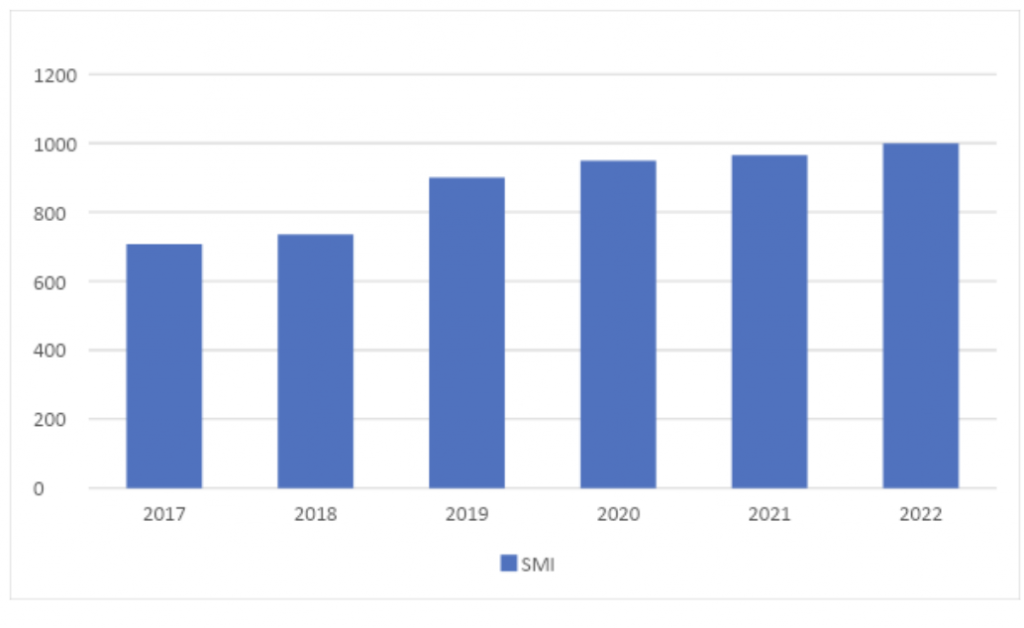When it seemed like no changes were coming, The Government and the unions have agreed to increase 35 euros of the minimum interprofessional salary of 1,000 gross monthly, divided into 14 payments, in 2022. The business associations that also participated in the meetings with the Ministry of Labor and the unions, but ultimately did not support the agreement because they considered that it was not the ideal time.
In a study, prepared by the economic cabinet of the CC OO union - and which the Ministry of Labor itself takes as a reference for its evaluations -, The figure is 1,809,000 workers who will see their remuneration improved with the increase in the minimum wage, some 300,000 more workers than the million and a half people who benefited from the SMI until now.
According to the aforementioned study, the rise in SMI will have a greater impact on young people, mainly those between 24 and 35 years old. If we take into account the sectors, government data estimates that this increase affects the 40% of workers in the agriculture sector and 11.5% of the services sector. The increase in the SMI as indicated by Government sources will be retroactive and It will begin to be applied from January 1, 2022. In this way, no full-time worker will be able to earn less than €14,000 gross per year, which would be €1,000 gross per month in 14 payments or €1,166.66 gross per month in 12 payments.

The current executive intention is to follow the European lead and continue increasing the SMI in the coming years. At the beginning of the year marked by inflation and the general rise in prices, this increase represents a small relief for working people who receive the SMI.




































